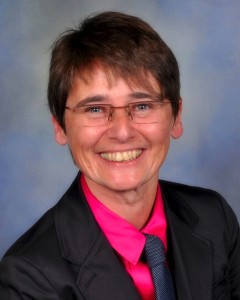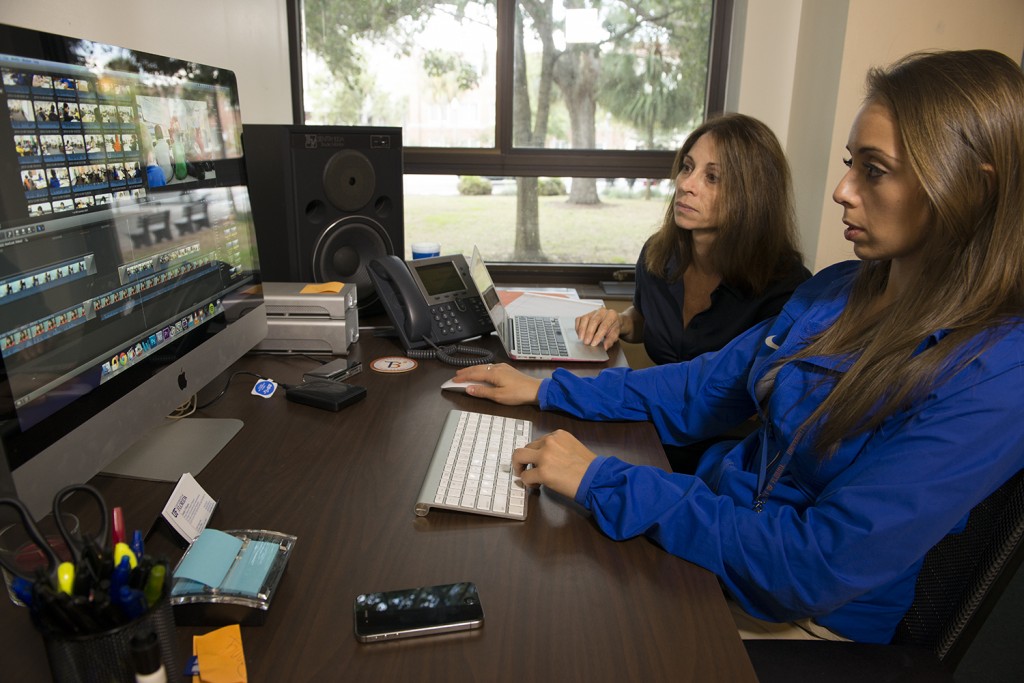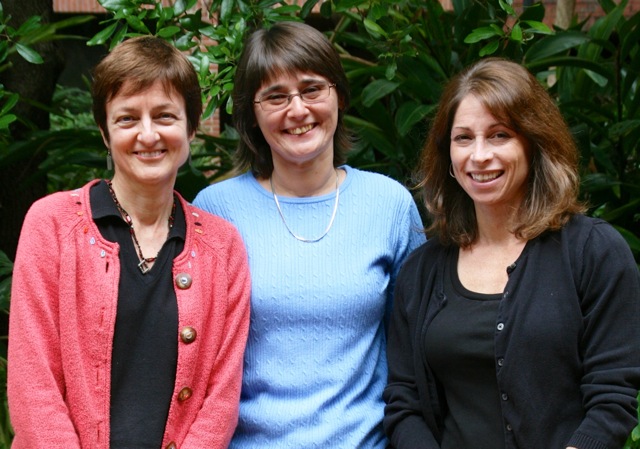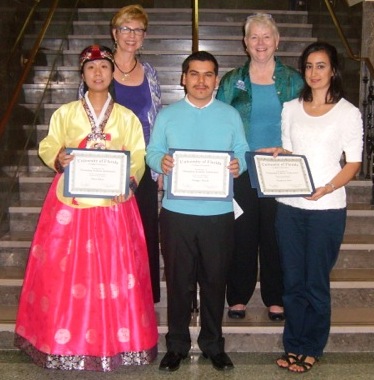International group installs COE professor as president-elect
 The world’s largest organization of educators committed to advancing English language teaching for non-English speaking students has installed a UF College of Education professor and school director as its president-elect.
The world’s largest organization of educators committed to advancing English language teaching for non-English speaking students has installed a UF College of Education professor and school director as its president-elect.
Ester de Jong, professor of ESOL/bilingual education and director of the college’s School of Teaching and Learning, has assumed the penultimate leadership post for TESOL (Teachers of English to Speakers of Other Languages) International Association and is on track to become the group’s president at the TESOL convention in Seattle in March 2017.
TESOL is a professional community of more than 12,500 members—educators, researchers, administrators and students—representing 156 countries.
“Teaching English to English learners involves many complex issues, with equity and access, technology use and multilingualism playing important roles,” de Jong said. “TESOL is in a unique position to advocate for professionalism in English teaching around the world that is responsive to these global trends.”
De Jong said she values the personal and professional opportunity her leadership role in TESOL offers as a forum for shaping and sharing the group’s important message.
“One of my goals is to raise awareness of the multilingual realities in which English teaching and learning takes place and how it contributes to developing bilingual multilingual competence for speakers from diverse backgrounds,” she said.
In addition to her UF appointment as STL director, de Jong continues to be involved in teaching and research projects related to language policy, bilingual education and mainstream teacher preparation for bilingual learners. In 2013 she received the Award for Excellence in Research on Bilingual Education from the National Association of Two-Way and Dual Language Education. She is widely published in peer-reviewed academic journals on bilingual and language education and policy and has published a book titled “Foundations of Multilingualism in Education: From Principles to Practice,” which focuses on working with multilingual children in K-12 schools.
De Jong also was the lead investigator on a recently completed, seven-year study, funded by the U.S. Department of Education, to assess and advance the teaching of English language learners in Florida’s public schools. She is currently a co-principal investigator on a Florida Department of Education grant involving the creation of a Center of Excellence in Elementary Teacher Preparation at UF’s College of Education.
De Jong has an Ed.D. in literacy, language and cultural studies from Boston University and joined the UF education faculty in 2001.
SOURCE: Ester de Jong, 352-273-4227 ; edejong@coe.ufl.edu
WRITER: Larry Lansford, communications director, UF College of Education; 352-273-4137; llansford@coe.ufl.edu








